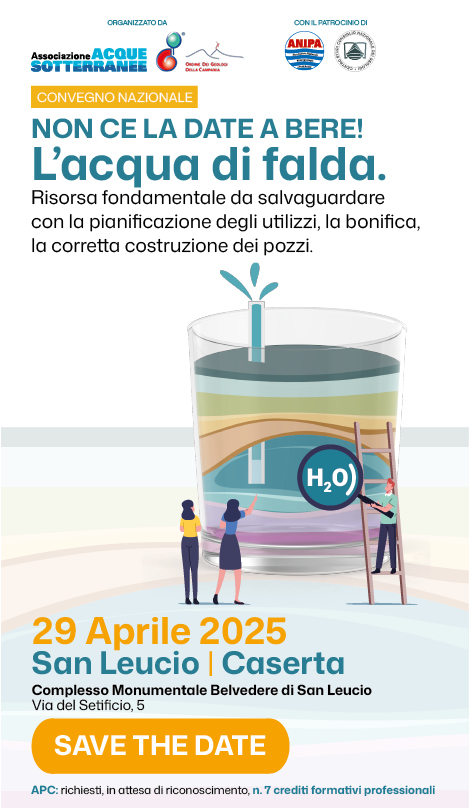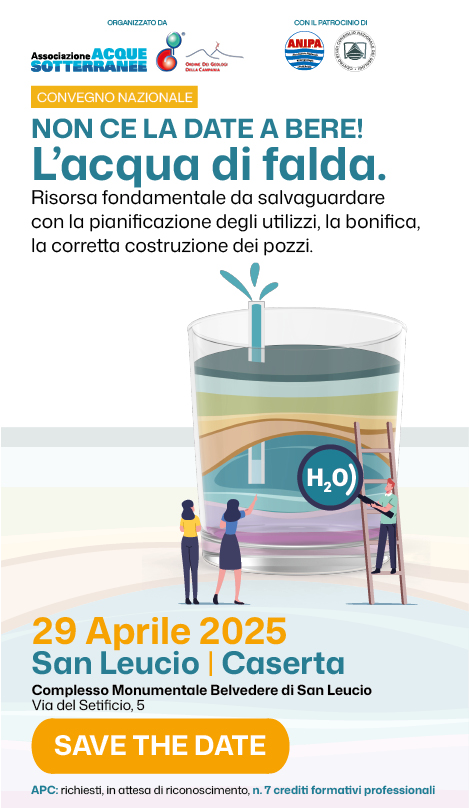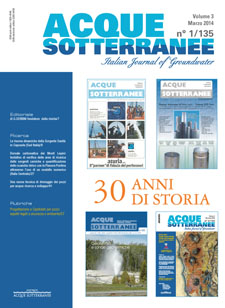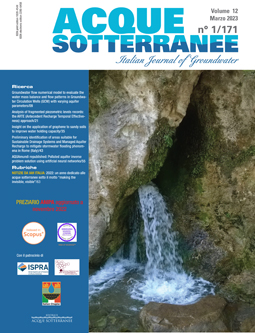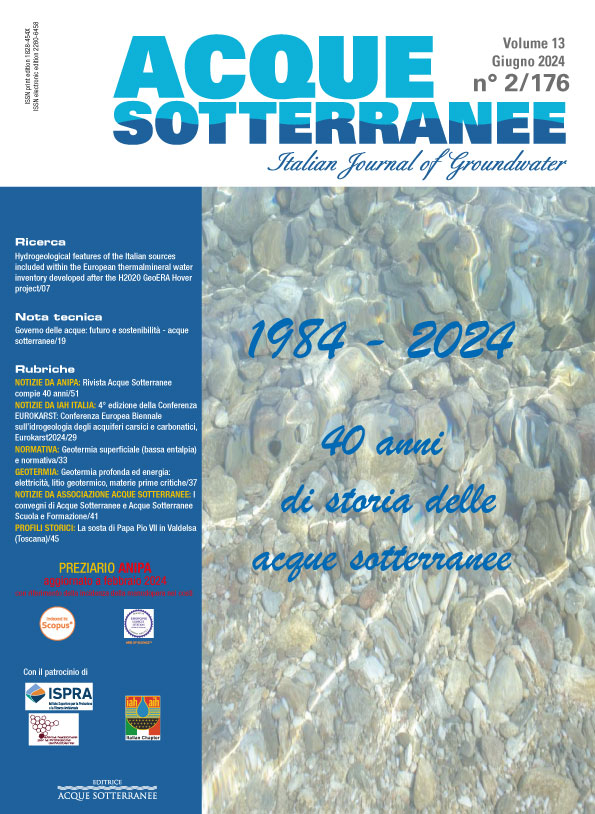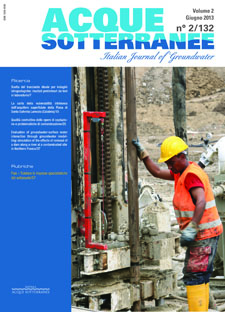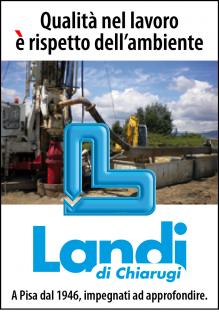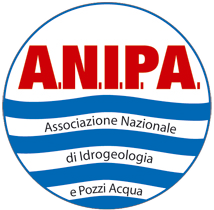The study of Transboundary Groundwater Governance in the notion of Governmentality: in the case of Guaraní Aquifer(Am05039)
Although groundwater has traditionally supplied a significant portion of the water that humans use for drinking, agricultural and industrial purposes, it has not been a mainstream topic in environmental politics and in the environment policy-making process. This is despite the importance of the groundwater’s contribution to the development of local economies and the livelihood of people. Transboundary aquifers, in particular, play a key role in international politics and diplomatic relations. The International Shared Aquifer Resources Management (ISARM) initiative, which was institutionalized by the International Hydrological Program (IHP) of UNESCO, aims to improve the understanding of the multi-disciplinary issues related to groundwater governance. ISARM’s second phase, which began in 2011, focuses mainly on filling the gaps for effective groundwater management and on building a coherent and operative framework of action on groundwater governance. This framework will particularly provide rules and practices for decision- making and policy-making on groundwater and for the implementation of decisions and policies with cross-country and cross-sectoral stakeholders. In this paper, the governance of transboundary aquifers is discussed in light of Michel Foucault’s definition of governmentality, a key concept in environmental governance studies. This concept can be used to analyze environmental governance within a broader context, hence facilitating the design of policy strategies and legal mechanism that are both effective and practical. The case study described in this paper is the Guaraní aquifer system in South America. This aquifer system is one in which the notion of governmentality was used to respond to the challenges related to transboundary groundwater governance, and demonstrates the potential synergies that may emerge between ministries and other forms of governments horizontally and vertically when this approach is applied. It is hoped that this analysis will be of assistance to those who are considering regional-based governance mechanisms in other parts of the world

